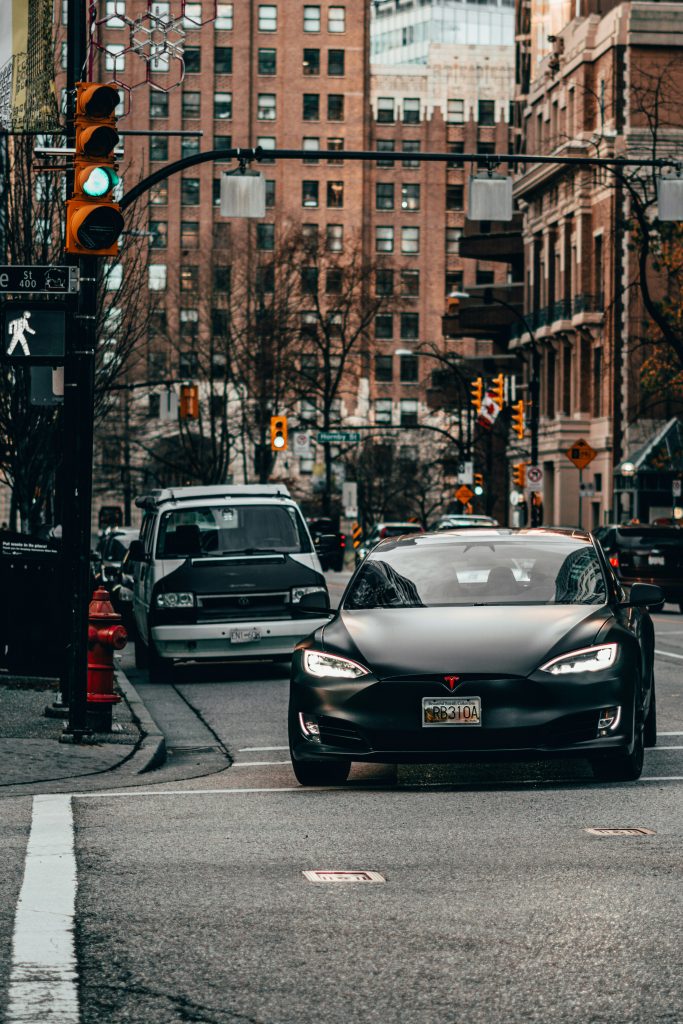“Electric or Traditional? Breaking down the disparities to assist you in navigating the changing auto industry environment. Stay tuned to discover the essential factors that can influence your decision in this dynamic automotive landscape.
Environment Impact
Since electric cars have no exhaust emissions, air pollution and greenhouse gas emissions are greatly decreased. Electric ones may be fuelled by wind or solar energy, which reduces their carbon footprint even more. Although the production of batteries is energy-intensive, electric cars typically have a lower overall environmental impact throughout their lifespan compared to traditional cars.

Cars with internal combustion engines (ICEs) release a lot of pollutants, including CO2, which is a major cause of air pollution and climate change. Because fossil fuels are extracted and used, they are limited and have a negative environmental impact. This is the case with traditional autos.
Cost
Electric cars typically incur higher costs due to more expensive battery technology and newer systems. However, they boast lower maintenance requirements and benefit from cheaper electricity compared to gasoline. Moreover, some governments offer tax cuts, subsidies, and other incentives to promote electric car adoption.
In contrast, traditional cars are usually cheaper to purchase outright than electric vehicles. However, they come with higher fuel and maintenance expenses due to their intricate mechanical components. Additionally, as electric cars gain traction and market share, traditional cars tend to depreciate more rapidly.
Technology and Innovation
Electric cars often feature the latest technology, including over-the-air updates, sophisticated infotainment systems, and autonomous driving capabilities. As battery technology advances, driving ranges increase and costs decrease.
Traditional cars, with their long history of advancement and invention, have technology that is well-understood, dependable, and innovative. Ongoing advancements in pollution control and fuel efficiency technologies are making traditional cars cleaner and more economical. Modern internal combustion engines are equipped with advanced systems like direct fuel injection, hybridization, and turbocharging to reduce pollutants and fuel consumption.
Electric cars offer an eco-friendly and economical choice, but charging presents challenges. While the number of stations is increasing, they’re not yet as plentiful as gas stations, and charging itself can take a significant amount of time. However, home charging setups can be a convenient solution, allowing drivers to recharge overnight.
The ease of traditional autos is unmatched, particularly for long-distance travel. Long trips are easy with the abundance of petrol stations and the ease with which one may refuel. Also, because of the extensive network of service stations and repair shops, a mechanic is always nearby if you have car problems.
Choosing Your Ride
Depending on your priorities, you can choose between regular and electric cars. Because of their minimal emissions and operating costs, electric automobiles are a great choice for drivers who are both eco-warriors and frugal. However, because they have more petrol outlets and quick refuelling, traditional cars are more convenient for road journeys. The tides may turn as infrastructure for charging electric cars and their technology advance. For the time being, both conventional and electric cars have special qualities to meet a range of purposes.














